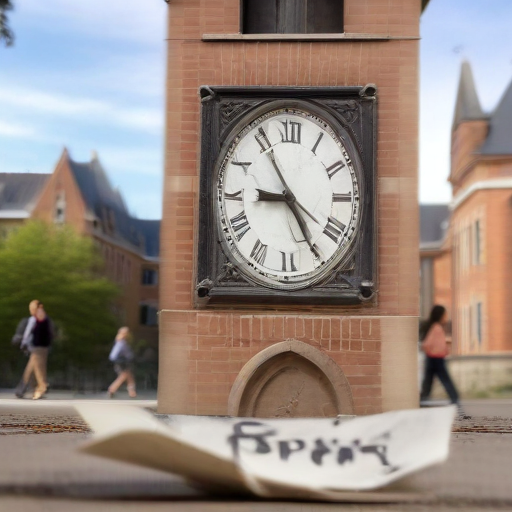In a recent podcast interview, Crystal Mangum, the woman who in 2006 made false accusations of rape against three Duke University lacrosse players, has publicly admitted to fabricating her story. Speaking from the North Carolina Correctional Institution for Women during an episode of “Let’s Talk with Kat,” Mangum stated, “I made up a story that wasn’t true” about the players, who she claimed assaulted her after a party where she was hired as a stripper.
Mangum expressed remorse for her actions, acknowledging the substantial impact on the accused players and the larger community. “I betrayed the trust of a lot of other people who believed in me,” she admitted. The fallout from her accusations led to a national scandal, as the players were eventually declared innocent following a thorough investigation by the state attorney general’s office, which found no credible evidence supporting Mangum’s claims.
The case, which drew significant media attention and outrage within the Durham area and at Duke University, highlighted broader societal issues relating to false accusations and the complexities of sexual assault cases. Additionally, the prosecutor who initially championed Mangum’s allegations was disbarred due to misconduct.
In her interview, Mangum expressed a desire for forgiveness from the three men, stating, “I want them to know that I love them, and they didn’t deserve that.”
While this admission sheds light on the past, it also emphasizes the importance of truth and accountability in similar cases moving forward. Acknowledging mistakes can be the first step toward healing and rebuilding trust, both for victims and the accused. This situation serves as a reminder of the impact that honesty and integrity can have, as well as the need for a fair and just legal process.
As society continues to engage in discussions about accountability and the complexities of sexual assault allegations, Mangum’s admission could foster dialogue surrounding the importance of truthfulness in such serious matters. It underscores that while the scars of the past may linger, opportunities for healing and understanding can emerge.
